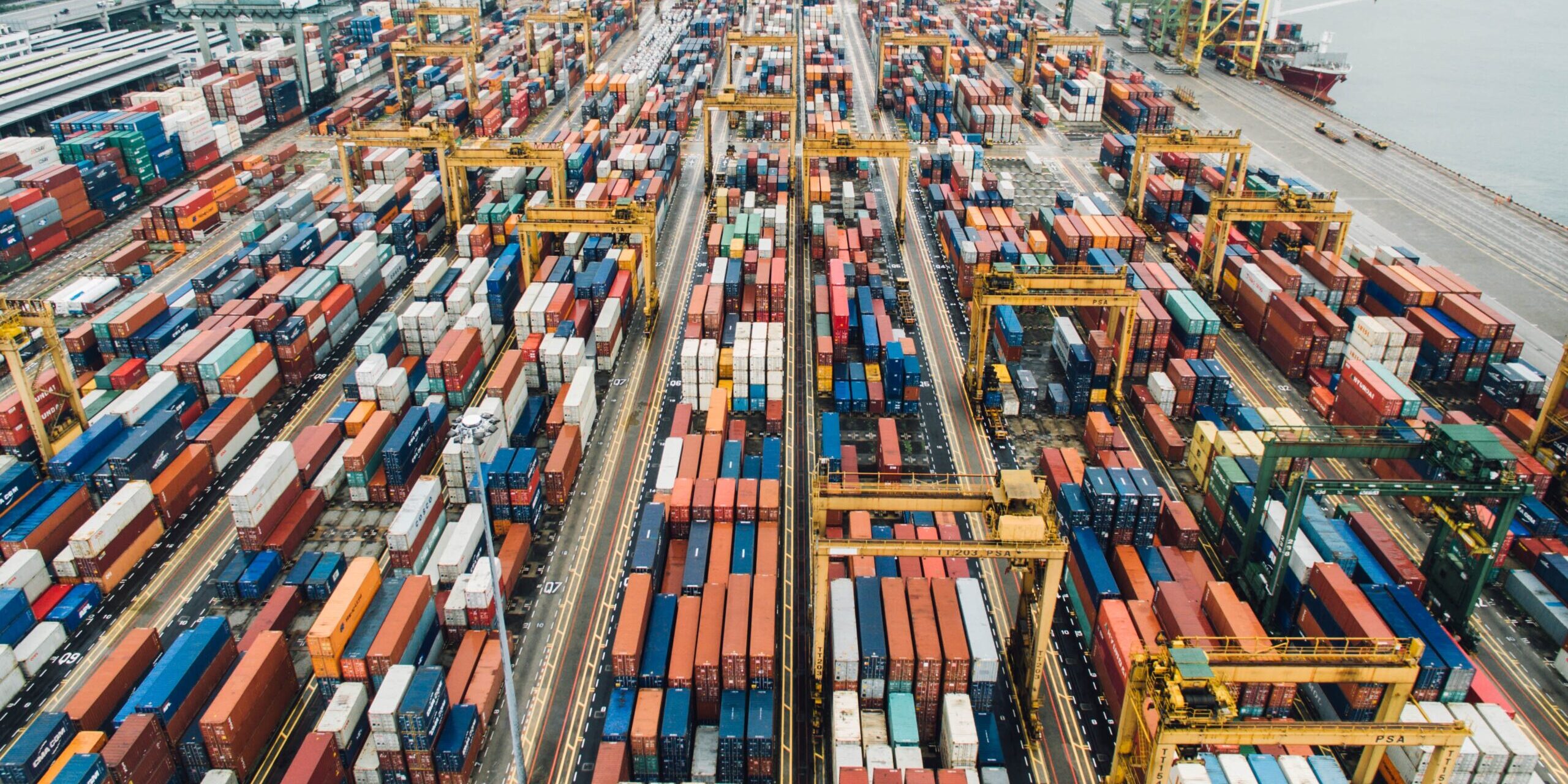In the wake of the global pandemic, the logistics sector has undergone a remarkable transformation, marked by accelerated innovation and growth. Fueled by the imperative need for resilient supply chains, the industry has embraced changes driven by the expansion of e-commerce, rising demand for contactless delivery, and the widespread adoption of advanced technologies like AI and robotics. This surge in digitization, equivalent to a decade’s worth of progress in just a few months, underscores the urgency to prioritize inclusive innovation.
Corporate Social Responsibility (CSR) has become a driving force in fostering inclusive innovation within the logistics sector. Collaborations between businesses and governments aim to address challenges and bridge technological gaps, ensuring that the benefits of digital technologies, especially in logistics, are accessible to all segments of society. The World Bank’s report on “Digital Dividends” emphasizes the need to manage the rapid expansion of digital technologies inclusively to avoid potential increased inequality.
Corporations, leveraging their extensive reach and technological prowess, play a pivotal role in bringing life-changing benefits to millions marginalized by the global economy. Inclusive innovation in logistics requires collaborative efforts to extend the benefits of technological advancements to underserved populations. Businesses are now well-positioned to utilize their tools and expertise, making technologies more affordable and creating collaborative ecosystems that drive meaningful outcomes at scale.
Inclusive innovation goes beyond extending the benefits of technology; it involves establishing partnerships with research institutions, academia, governments, and NGOs to address the complexities of the logistics industry. Collaborative ecosystems are indispensable for developing sustainable solutions that cater to the diverse needs of the logistics sector.
A study by the International Transport Forum (ITF) emphasizes the necessity of inclusive innovation in enhancing global connectivity within the logistics sector. While advanced technologies like IoT and AI can significantly improve efficiency, there is a risk of leaving smaller players and developing regions behind. Inclusive innovation becomes crucial to ensuring that the digital transformation in logistics benefits a broad spectrum of participants.
Beyond fulfilling corporate social responsibility, there is a compelling business case for inclusive innovation in the logistics sector. Building solutions for pressing global problems provides the industry with new avenues for investment and the creation of scalable platforms. Inclusive innovation and access to technology for a wider base ensure that the industry grows as a sector.
The Global Innovation Index 2023 underscores the role of collaborative ecosystems in fostering inclusive innovation. Partnerships between businesses, research institutions, and governments are highlighted as crucial for driving innovation that addresses societal challenges and prepares the next workforce in the logistics sector.
Initiatives like the World Economic Forum’s New Logistics Champions project exemplify the power of collaborative innovation. By bringing together stakeholders from different sectors, including technology providers, logistics companies, and policymakers, the project aims to create inclusive solutions for global logistics challenges.
Reports from the World Trade Organization (WTO) shed light on the economic impact of inclusive innovation in logistics. Addressing the technology gap enables smaller businesses to become more competitive in international trade, contributing to economic growth and resilience. This aligns with the WTO’s emphasis on creating an inclusive and sustainable global trading system.
In conclusion, inclusive innovation in logistics is indispensable for addressing the challenges posed by the digital divide. It ensures that the benefits of technological advancements are shared across the entire logistics ecosystem, fostering holistic growth for the industry.







